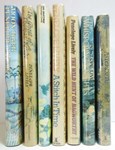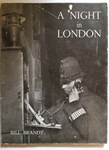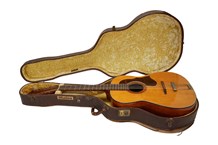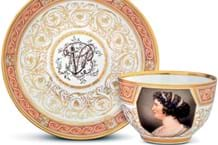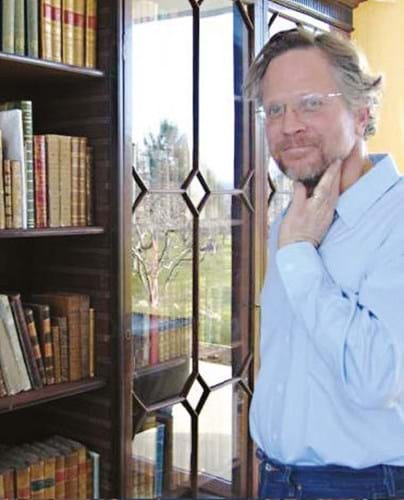
1 How did you get your start?
Working for another bookseller, Jonathan Hill in New York, about 30 years ago. After about 10 years with him I went out on my own, focusing on books about food and wine from the 15th-19th centuries. I had worked with scientific and medical texts before, and many of the first recipe books were written by doctors – there’s a historic parallel between food and medicine recipes that evolved over time.
2 So cookbooks weren’t always domestic texts?
No, and in fact the role of gender and women and authorship is interesting in this field. The first cookbook written for a female cook in France didn’t happen until 1746 and even later in Italy. In England it’s in the mid-1600s. German cookbooks were written mainly so that the mistress of the house could keep tabs on the women in the kitchen.
3 What is a little-known fact about this field?
The degree to which our business is based on trust and relationships. Many of the people I know in the antiquarian book trade specifically have been in it as long as – or longer than – I have, and relationships are built up over time. It’s important for collectors to realise that, and to understand the breadth of the network, which includes bibliographers, historians and librarians as well as dealers.
4 Do you ever do any special events?
Last year we had a meal at the house following recipes from what is considered the first printed cookbook by Bartolomeo Platina (1421-81). I selected the meals and had a chef come to cook them (I myself am not good at following a recipe, though I love to cook). Some of the dishes were familiar, like salad: lettuce in a dish with salt, oil and vinegar. Others were unusual: fried sage fritters with saffron, which is apparently good for the nerves if digested slowly.
5 Real ale or espresso martini?
Real ale.
If you would like to be featured in 5 Questions, please contact francesallitt@antiquestradegazette.com


